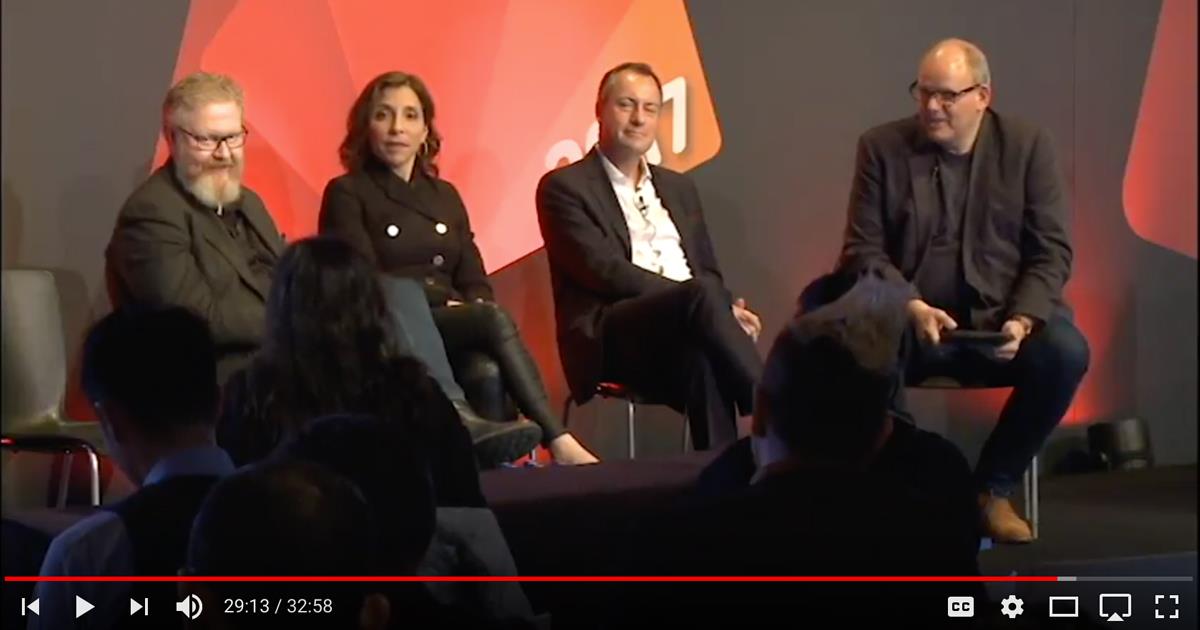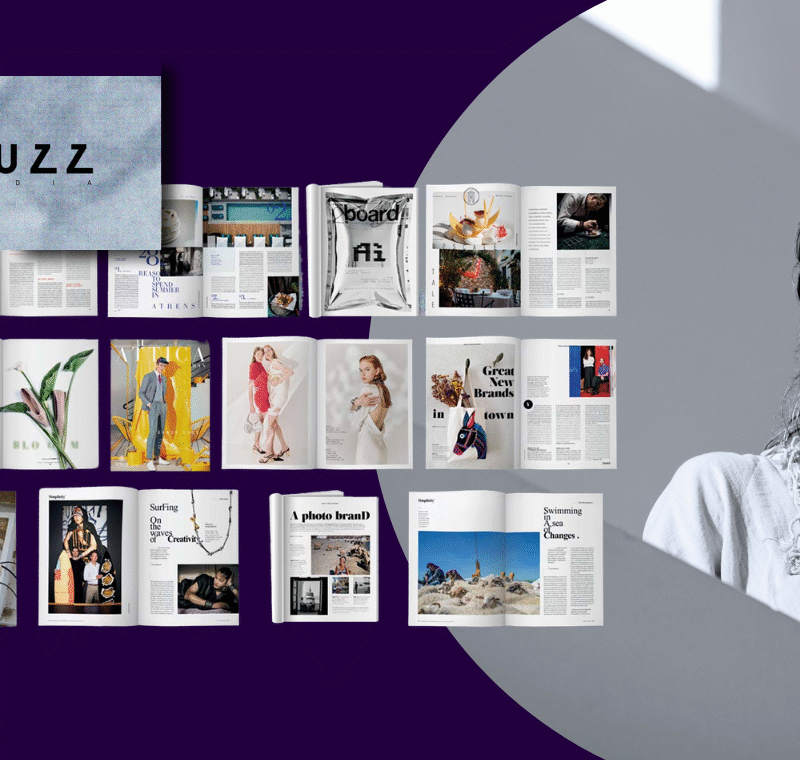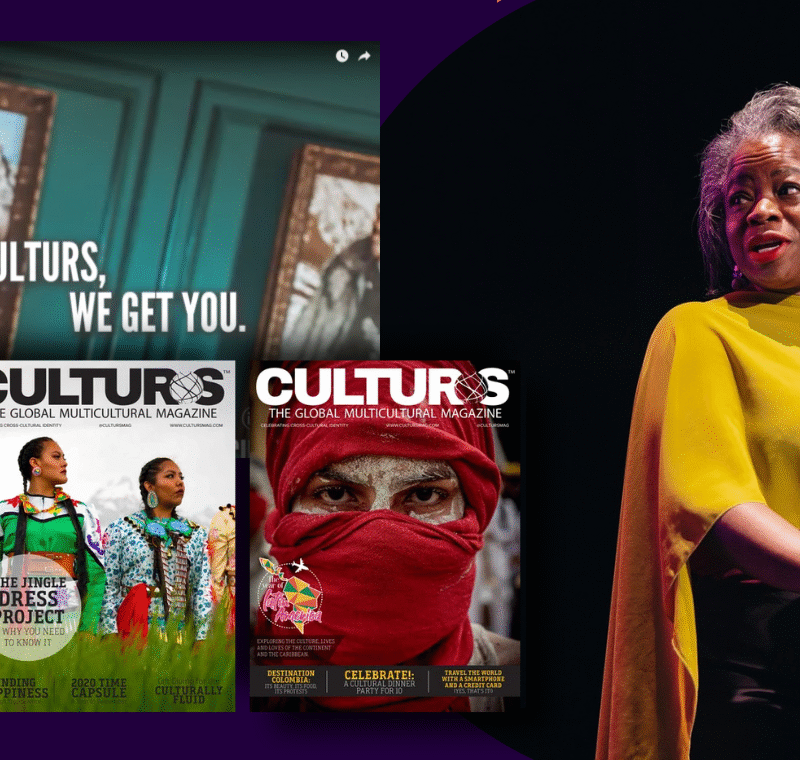Advertising in the era of Google and Facebook

Is the duopoly merely a telephone service provider while publishers continue to own the conversation? Is the duopoly pushing brands and publishers so close together that advertising agencies can start to close their doors?
These were just some of the questions industry experts discussed when Mike Hewitt, managing director at Adaugeo Media interviewed James Wildman, president and CEO, Hearst Magazines UK, Linda Yaccarino, chairman of advertising sales and client partnerships at NBC Universal in the USA and Ross Sleight, chief strategy officer at Somo UK.
Yaccarino articulated the change in the consumer’s interaction with brands by emphasising the role Google and Facebook played in accelerating the commoditisation of reach. “The way the consumer interacts or spends time with content, whether from a magazine or TV programme has changed (because of the immediacy and massive reach created by the duopoly).”
What is interesting, she said, is that we are now seeing an important conversation emerging about the effectiveness of this reach as well as the verification of the data about that reach.
Sleight, as a strategy expert, acknowledged this change in consumer interaction with brands and said it forced advertisers to reassess their position within the customer journey. He said in the era of tech giants, publishers and advertising clients are moving much closer together while the role of advertising agencies are being diminished.
This is largely because advertising is not a homogenous whole. Across a customer’s journey – from awareness, consideration, research, transaction, service, loyalty, activity – there are different ways for brands to influence behaviour, he explained. At the moment Facebook and Google mostly control the final stages of this marketing journey, which Sleight refers to as the “final click” stages. The important question, however, is what really happens if the duopoly starts to move towards the upward stages of this journey such as research, consideration and awareness?
While Sleight conceded that the duopoly monopolises reaching the masses, “reach is easy – and cheap. But reach is not the point here, it’s about changing behaviour. So they (the duopoly) are running into lots of issues here.”
That said, Facebook and Google do assist marketers in an important way, “because they simplify things down and help them to shift their spend to digital. But where they are going to struggle and where the opportunities are in other areas of the customer experience…consideration and research as part of the customer journey is open to complete play at the moment. This is where I think publishers have an opportunity to take the engagement they have through their properties and get much more from their clients.”
Responding to Sleight’s assessment, Yaccarino said publishers have always owned the ability to create brand awareness through premium content but are also starting to move towards the so-called “last click” stages. ”Publishers owned the top-of-the-funnel space but what a lot of research is now starting to show is how much influence premium content owners married with marketing can have when it comes to influencing the last click stages”.
To be successful with this, she said, they did find that premium brands need to create content specific to platforms. From her experience at NBC Universal, she has found that some platforms are more accessible to work with, like YouTube, “with which we have a much better working relationship than Facebook, where it has been difficult to work out a positive partnership”.
Most importantly, she emphasised, premium brands must create premium content. “Premium content is of great value to a marketer. There is only so much an algorithm can decide. You have to go beyond the algorithm and the only way it works is when premium content make it sensible for a premium advertiser to partner (with) their brand.”
Wildman said from his evaluation of business at Hearst Magazine over the last couple of years the duopoly did not create a world of doom and gloom. “These massive tech platforms are essentially utilities. Facebook is the telephone line and we provide them with a conversation to run across it… There are clearly structural challenges in our business but the problem might be slightly overstated.’
He admitted that volumes are down and sales are down “but magazines as a medium are so distinctive and differentiated…that it can be an antidote to an increasing screen-based media experience. In such a world, magazines will be seen as ever more valuable”. The upside of this, he predicted, might be that in a world where magazines will be more scarce, branded advertisers will increasingly see the danger of the pursuit of short term return and will come back evermore and pay premium to engage with trusted audiences.
Wildman said Hearst, in the UK alone, is still selling five million magazines a month, “which means we have ways to engage with audiences in ways that Google and Facebook cannot. While advertising revenues are under pressure, there are still big budgets to play for. We just need to do things differently. We need to adapt, we need to innovate.”
This innovation must not be restricted to product alone, warned Wildman, but also to approach and sales. In a world where so much emphasis is being placed on reach “and less about context”, there are exciting innovations that can come out of magazines. Google and Facebook will be part of it because of the digital acceleration they create. “Therefore the duopoly should rather be seen as partners and not competitors. Without their distribution platforms we would not have anything like the exciting digital future that we do have.”
You can see the Congress video here.
More like this
Download the FIPP World Congress 2017 speaker presentations
Globalising your niche: Building Vogue International
Why content should be created specific to each platform
How Bloomberg Media is expanding Businessweek’s global footprint







